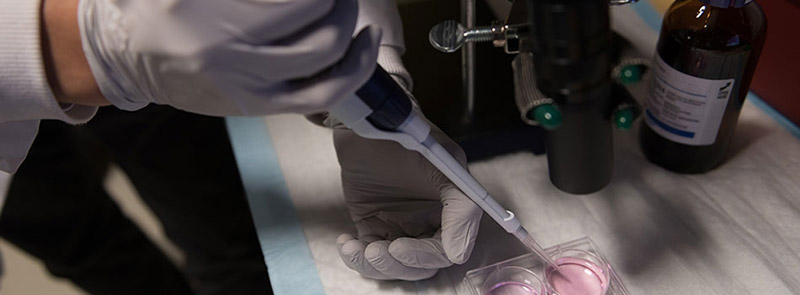
Notice
This website is for educational purposes only. Please contact the Office of Research Integrity Assurance for information about applicable policies and regulations regarding research activities involving human beings or animals.
Regardless of the cultural, ethical, and religious tradition that one embraces, there is widespread agreement that animals should not be caused to suffer needlessly. This notion undeniably applies to research contexts, implying that there is an obligation that researchers have to consider the potential impact their work can and will have on animal subjects. In order to conduct animal subjects research responsibly, the ethical and legal dimensions of research need to be clearly identified and examined before the relevant work is undertaken.
In accordance with U.S. federal law, institutions receiving federal funds are required to have an Institutional Animal Care and Use Committee (IACUC) that regulates and monitors research protocols involving the use of vertebrate animal subjects. A primary responsibility of an IACUC is to determine whether researchers are treating animal subjects in an ethically and legally appropriate manner. Federal regulations and institutional policies stipulate, for example, that researchers should consider whether alternative methods, such as computer simulations, could be used for their research.
Georgia Tech Links
Other Links & Resources
- American Physiological Society: Guiding Principles for the Care and Use of Vertebrate Animals in Research and Training
- American Veterinary Medical Association
- Association for Assessment and Accreditation of Laboratory Animal Care: Student Information
- National Academies Press: Guide for the Care and Use of Laboratory Animals
- National Institute of Allergy and Infectious Diseases: Research Using Vertebrate Animals
- National Institutes of Health (NIH): Animal Research Advisory Committee Guidelines
- Office of Laboratory Animal Welfare
- Tutorial: PHS Policy on Humane Care and Use of Laboratory Animals
- USDA Animal and Plant Health Inspection Service
- USDA Animal Welfare Information Center: Animal Welfare Act
- USDA Animal Welfare Information Center: Questions and Answers about the Animal Welfare Act and Its Regulations for Biomedical Research Institutions